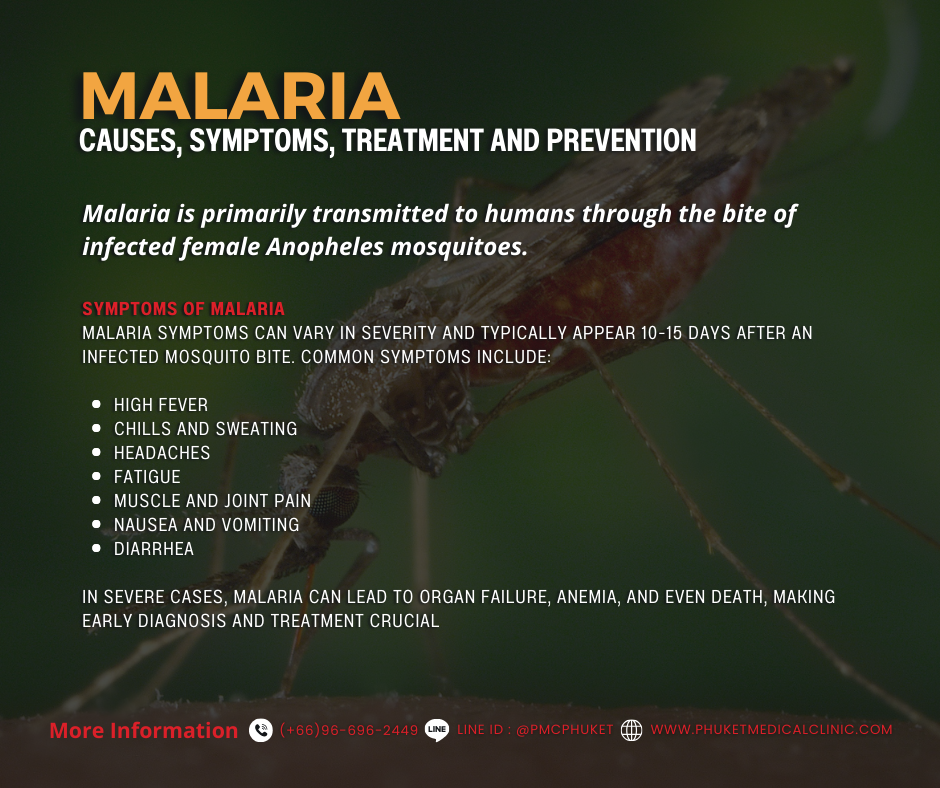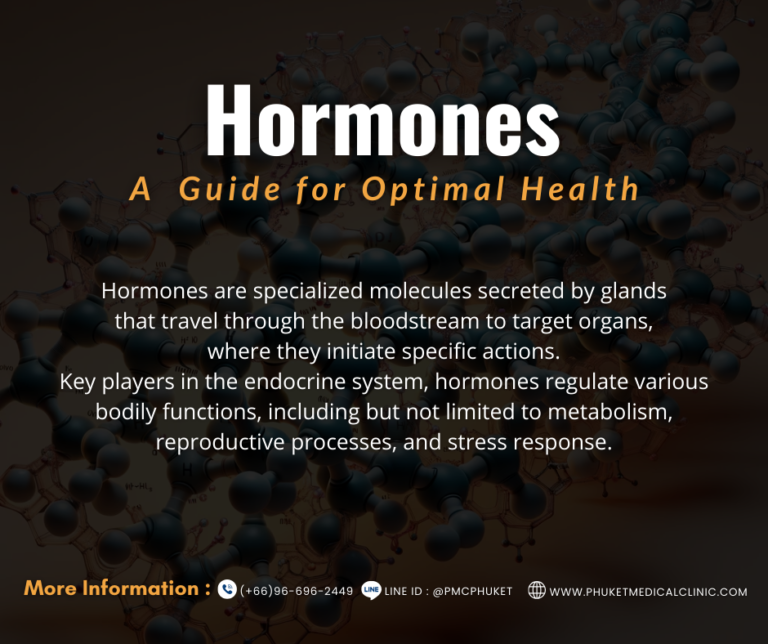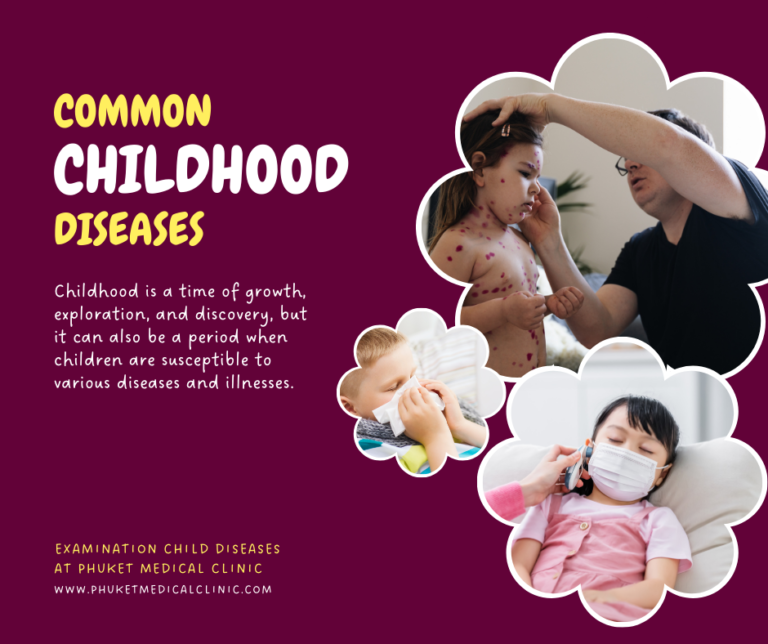Malaria, a life-threatening disease caused by parasites of the Plasmodium species, remains a global health concern, particularly in tropical and subtropical regions. In this article, we’ll delve into the intricacies of malaria, including its causes, symptoms, prevention, and treatment, to help you stay informed and protected.
Causes of Malaria
Malaria is primarily transmitted to humans through the bite of infected female Anopheles mosquitoes. These mosquitoes carry the Plasmodium parasite, which enters the bloodstream during a bite, leading to infection. Four main species of Plasmodium are responsible for malaria in humans: P. falciparum, P. vivax, P. ovale, and P. malariae.

Symptoms of Malaria
Malaria symptoms can vary in severity and typically appear 10-15 days after an infected mosquito bite. Common symptoms include:
- High fever
- Chills and sweating
- Headaches
- Fatigue
- Muscle and joint pain
- Nausea and vomiting
- Diarrhea
In severe cases, malaria can lead to organ failure, anemia, and even death, making early diagnosis and treatment crucial.
Malaria Treatment
Timely and proper treatment is essential for malaria patients. Treatment may involve antimalarial medications, which can vary depending on the type and severity of the infection. Common antimalarial drugs include chloroquine, artemisinin-based combination therapies (ACTs), and others. It’s crucial to complete the prescribed treatment course to ensure the parasite is fully eradicated.
Preventing Malaria
Malaria prevention is key, especially for travelers to endemic areas. Here are some effective preventive measures:
- Use of Insect Repellent: Apply mosquito repellent to exposed skin and clothing to minimize bites.
- Bed Nets: Sleep under insecticide-treated bed nets to protect against night-biting mosquitoes.
- Antimalarial Medications: Consult a healthcare provider before traveling to receive appropriate antimalarial medications.
- Avoid Peak Mosquito Activity: Mosquitoes that transmit malaria are most active at dawn and dusk, so take extra precautions during these times.
- Wear Protective Clothing: Cover as much skin as possible with long-sleeved shirts, long pants, and socks.
Malaria remains a significant health challenge in many parts of the world, but with the right information and preventive measures, it is a disease that can be controlled and treated effectively. Understanding the causes, recognizing the symptoms, and taking steps to prevent mosquito bites are crucial in the fight against malaria. If you plan to travel to malaria-endemic areas, consult with a healthcare professional to ensure you receive appropriate guidance and medications for a safe journey. Together, we can work towards a malaria-free world.
Malaria – Diagnosis and Treatment at Phuket Medical Clinic
Phuket Medical Clinic : Close, Expert Care. Dedicated Medical Professionals and Skilled Team providing Consultation and Treatment. Walk-in or Scheduled Appointments for Convenient and Efficient Services.
Book an appointment online : https://phuketmedicalclinic.youcanbook.me
Daily Open 🕙 10:00-18:00
Contact number ☎️ 096-696-2449
Line id : @pmcphuket or https://lin.ee/R1TKRDo
Map 📌https://goo.gl/maps/xu45eTQUTjgpukJa7
Website 🌐https://pmcclinicphuket.com
Feel free to consult with a doctor or ask further questions anytime.
Inbox : m.me/100483916443107
#healthcareclinic #คลินิกภูเก็ต
Phuket #Clinic #ภูเก็ตเมดิคอลคลินิก
#Phuketmedicalclinic






